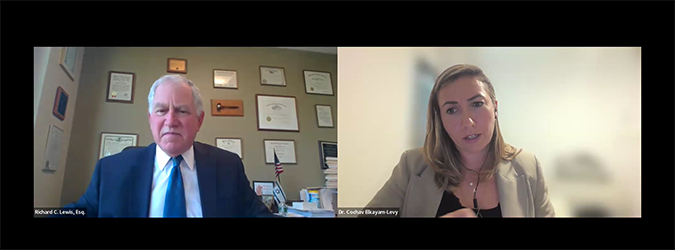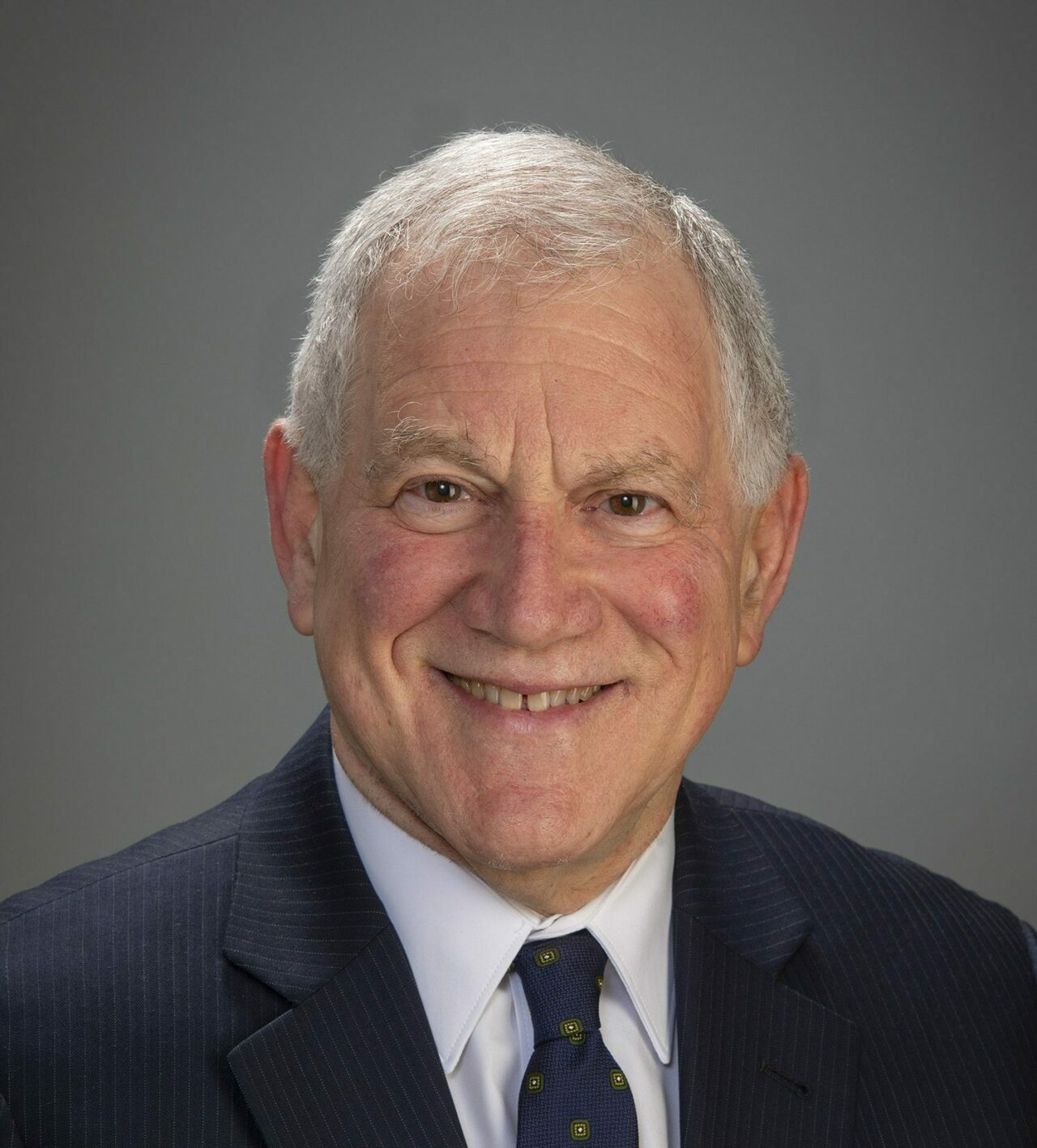NYSBA Pledges To Continue Its Fight for Equal Rights in Wake of U.S. Supreme Court Decision in LGBTQ+ Public Accommodations Case
6.30.2023
Richard Lewis, president of the New York State Bar Association, issued the following statement about the U.S. Supreme Court’s decision in 303 Creative LLC v. Elenis, No. 21-476, 599 U.S.__ (2023):
“The New York State Bar Association vows to continue its fight for equal rights following the U.S. Supreme Court’s decision in 303 Creative LLC v. Elenis. In our amicus brief, we clearly laid out how anti-discrimination laws have a long history in this country and argued that the services businesses provide must be free of discrimination. We believe that the marketplace must be open to everyone.”
Sam Buchbauer, chair of the LGBTQ Law Section of the New York State Bar Association, added:
“Free speech is not free speech if it’s intended to discriminate. This decision makes it more difficult for at-risk children and adults who have already been the targets of scores of state laws limiting LGBTQ+ related speech, gender expression and other core constitutional rights. Lorie Smith of 303 Creative LLC went to the Supreme Court seeking a license to discriminate and unfortunately, this decision will allow her to do just that.
The majority holding completely framed the discriminator as victim, stating: “The First Amendment prohibits Colorado from forcing a website designer to create expressive designs speaking messages with which the designer disagrees.” From the Gorsuch opinion: ‘As surely as Ms. Smith seeks to engage in protected First Amendment speech,” Gorsuch writes, “Colorado seeks to compel speech Ms. Smith does not wish to provide.” “Colorado seeks to force an individual to speak in ways that align with its views but defy her conscience about a matter of major significance.”
This ignores principled precedents long rooted in the Commerce Clause that profiting from use of the public forum—benefitting from police protection, maintenance of public thoroughfares, licensure, governmental business standards and physical, technological and governmental infrastructure of all kinds—is a privilege linked to certain obligations. From the Sotomayor dissent: “Today, the Court, for the first time in its history, grants a business open to the public a constitutional right to refuse to serve members of a protected class.”
The implications here go far beyond LGBTQ+ rights, framing any governmental restriction on discriminatory public expression or conduct against any group or on any basis as a victimization of the discriminator.”






